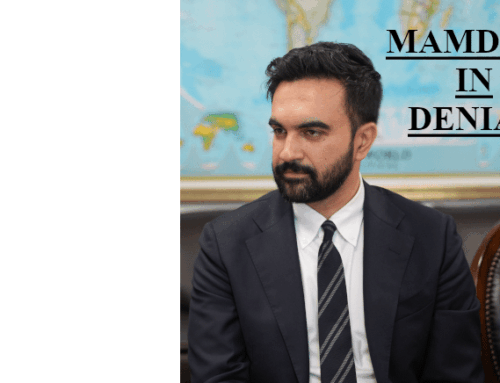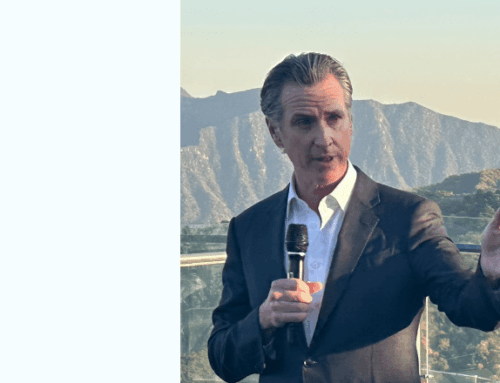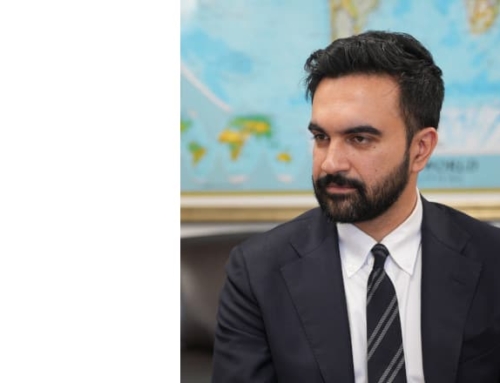Transgenderism, the pernicious ideology that holds that sex is a social construction and the sexes are interchangeable, was formally rejected again by the United States Conference of Catholic Bishops (USCCB) on November 12 at their biannual meeting in Baltimore. On the same day—this is not a coincidence—ten “progressive” religious bodies, consisting of some Protestants and Jews, signed a statement affirming everything the Catholic bishops rejected.
The USCCB made it clear that Catholic medical care will do what it can to serve those who are suffering from gender dysphoria, but it cannot approve operations that deny what God has ordained. The directive explicitly says that “Catholic health care services must not provide or permit medical interventions, whether surgical, hormonal, or genetic, that aim not to restore but rather to alter the fundamental order of the human body in its form or function.”
In other words, Catholic health services do not include sex-reassignment surgery, genital mutilation, chemical castration, puberty blockers and all procedures that are inimical to our God-given nature.
By contrast, the “landmark” statement signed by ten “progressive” religious groups, which include the Presbyterian Church (U.S.A.) and the Union for Reform Judaism, embraces “transgender, intersex, and nonbinary people.”
It would be more accurate to say that they embrace those who identify as such, because in reality sex is binary. Gender ideology, or transgenderism, is anti-science and should therefore not be given a mantle of legitimacy.
The lead author of this remarkable statement is Rev. Dr. Sofia Betancourt; she represents the Unitarian Universalist Association. The document she wrote speaks of the “persecution,” “oppression” and the “acts of violence” that these people experience.
The violence that transgender people endure is indeed real, but it is a lie to suggest that they are not doing it to themselves. In the majority of cases, transgender persons are victimizing other transgender persons. The evidence is conclusive. So lecturing the rest of us about their travails is the worst kind of handwringing. These people need help to deal with their deep-seated psychological problems, not grandstanding.
It is not surprising that this “progressive religious” statement is led by the Unitarian Universalist Association. This is a religion which teaches that belief in God is “optional.” As such, they welcome atheists and agnostics, alongside Buddhists, Christians, Earth-Centered, Hindu, Humanists and Jews.
We know who most of the people are, but “Earth-Centered” threw us at the Catholic League. Then we learned that many Unitarian Universalists “draw inspiration from the cycles of the seasons,” and the “spiritual teachings of earth-centered traditions.” In a bow to inclusivity, “Some of us practice indigenous religions and Modern Paganism.” What unites this motley crew of believers and non-believers remains a mystery.
The Catholic Church has its share of problems, but given the contrast between what the USCCB has reaffirmed about nature and nature’s God—as compared to what these anti-science religions teach—we are delighted to stand with the bishops.










